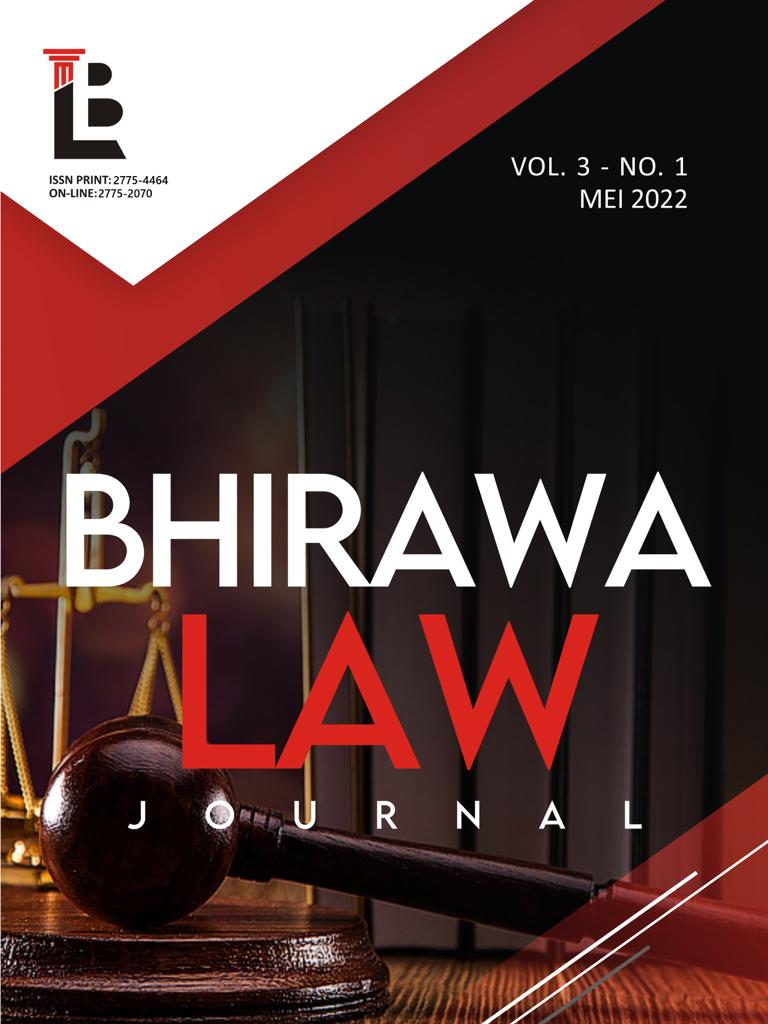Efektivitas Hukuman Kebiri Kimia untuk Pelaku Kejahatan Seksual terhadap Anak (Studi di Pengadilan Negeri Mojokerto)
DOI:
https://doi.org/10.26905/blj.v3i1.7957Keywords:
Sexual Crime, Chemical Castration, Perpetrators, Children.Abstract
Sexual crimes against children can have a negative impact on victims both physically and mentally so that many of them experience prolonged trauma. In response to this, the government issued Law Number 17 of 2016 concerning the Stipulation of Government Regulations in Lieu of Law Number 1 of 2016 concerning the Second Amendment to Law Number 23 of 2002 concerning Child Protection into Laws. In Law Number 17 of 2016 which regulates the criminal punishment of chemical castration. The application of chemical castration punishment raises pros and cons in human life. Chemical castration is considered a violation of human rights. Doctors also refuse to be the executor in the application of this punishment because it contains elements of injuring someone so that its application is prohibited in the medical world. This thesis research wants to inform about the effectiveness of chemical castration punishment for perpetrators of sexual crimes against children. The writing of this thesis uses the type of empirical research method with a sociological juridical approach method. Chemical castration punishment has not been effective and does not cause a deterrent effect for perpetrators of sexual crimes against children in Indonesia, so Law Number 17 of 2016 needs to be reviewed.
Â
Downloads
Downloads
Published
How to Cite
Issue
Section
License
All rights reserved. This is an open-access article distributed under Creative Commons Attribution-ShareAlike 4.0 International








